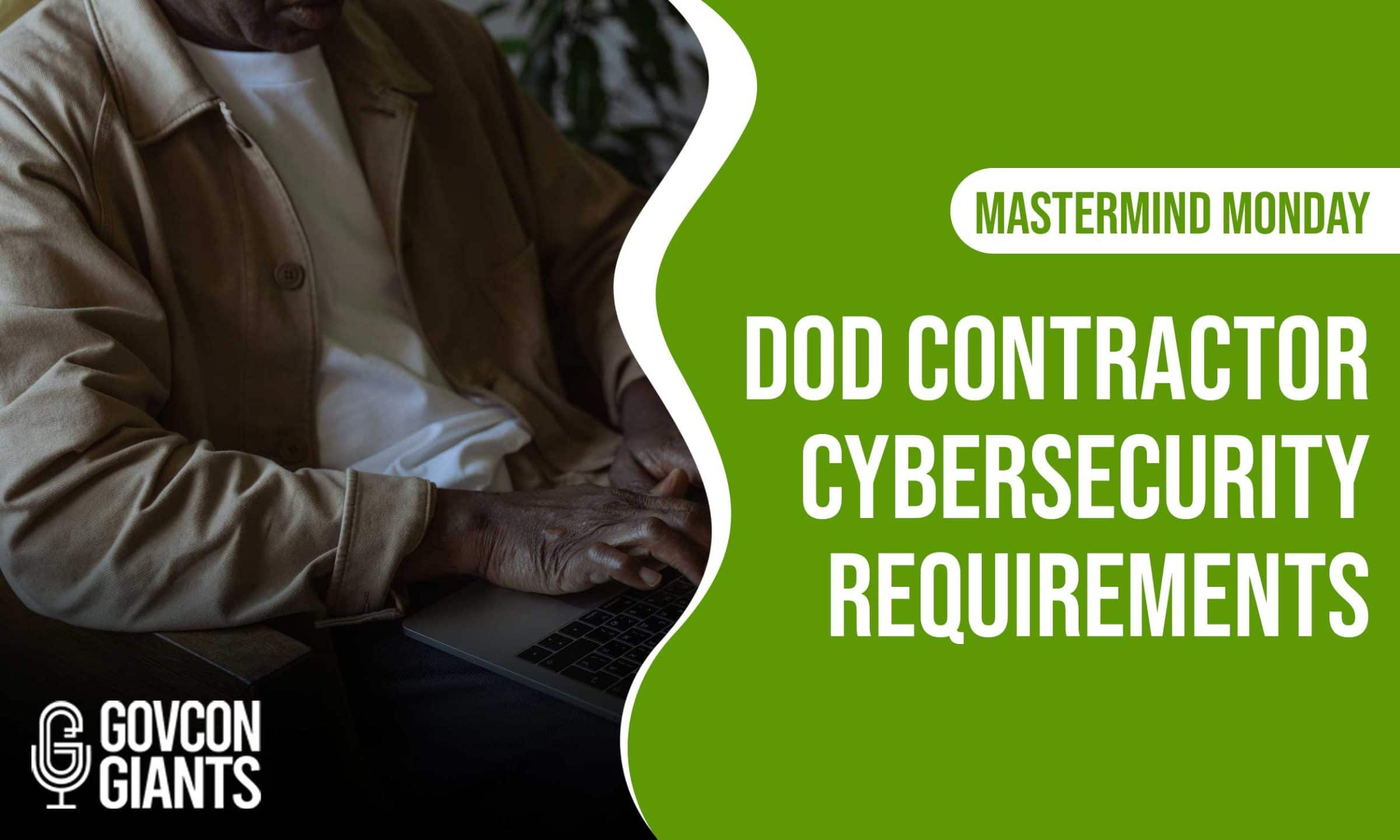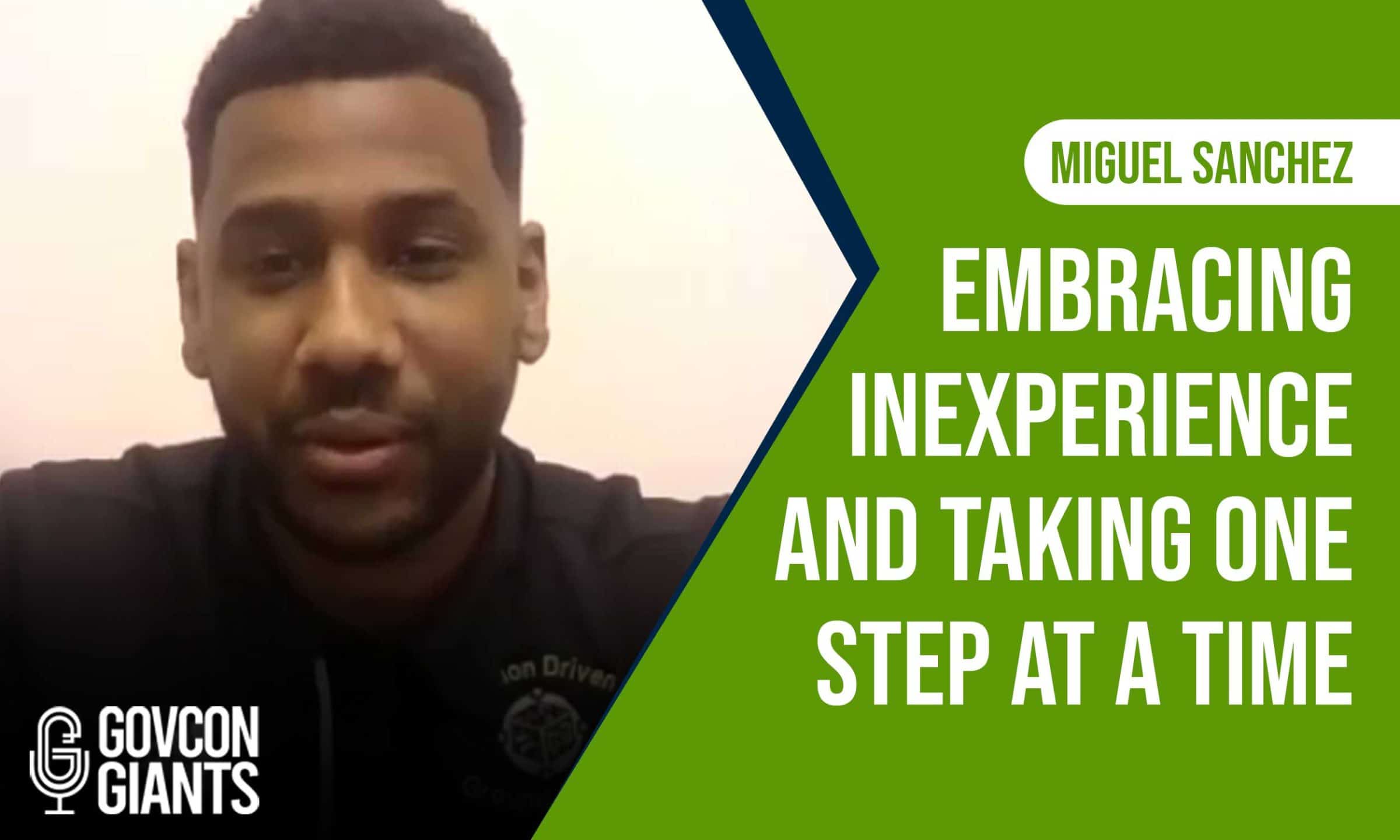Find out how to take advantage of the money going into state and local contracts!
BILLIONS ARE GIVEN TO CITIES AND COUNTIES
Just this month, Route Fifty reported that the Treasury Department has begun the distribution of $350 billion in federal aid for state and local contracts.
What’s interesting is that the article didn’t only talk about the spending, but it also highlighted that a total of 1,100 metropolitan cities are going to receive $45 billion and 3,200 counties will also receive $65 billion.
That’s a lot of money! But what does it mean and why do you need this information?
Well, in the past, we have already highlighted that due to the COVID-19 pandemic, the government is giving more aid to state and local areas across the U.S.
This means that contract projects will also be funded and the state and local government will be able to give these a go.
In this case, these projects may include public health needs such as coronal virus mitigation efforts, cleaning, PPE supplies, and medical supply transportation, as well as other projects that state and local government needs.
But before celebrating, how can you take advantage of this opportunity? Well, read further for state and local contract hacks!
STATE AND LOCAL CONTRACT HACKS
1. Go to your local small business office.
For these contracts, it is better to go to your local small business office.
For instance, if you’re in Chicago, then you may want to go to your website, chicago.gov, and look for the vendors page or procurement services page.
All you can do is just type the name of your city and add key terms such as “small business” and “procurement,” then your search engine will show you the particular page that you’re looking for.
Aside from that, you can also look for resources within that page for the process on how to do business with that city and contact information of key individuals.
“For a lot of the folks who’ve tried this, who haven’t had any success, you don’t want to go to the PTAC, you want to go directly to the actual cities where this is being impacted.”
2. Look for your local procurement department.
Another thing that you can do is look for the procurement department section of your city or county’s website.
Why? Because in this section, you will surely see resources that you can use in doing business with your county or city.
For instance, it may list down the contracts that you can pre-qualify, the contracts awards, the vendors, and the suppliers.
3. Communicate with your small business person.
If you are just starting out, then you might want to talk to your small business person.
Consider that these people are there to help you, so if you have problems in starting your state and local contracting journey, consider talking to these people.
“If you get stuck, if you’re concerned, start with the people there. Honestly, I can’t help you get registered in Chicago… I can’t help you get registered in Scottsdale, I can’t help you get registered in Baltimore, but the people there, they have resources there that assist you for free.”
ADVICE FOR STATE AND LOCAL CONTRACTORS
1. Don’t just focus on one location.
Be smarter than 99% of the people. Do business with agencies in your state and in different areas.
For instance, if you’re a contractor in Miami-Dade county, why stop in your county when you can also work in the city of Miami and in other states, right?
Unfortunately, there is no one single place you can go and register for all these states. You need to literally register in every single state or location that you want to do business into.
Still, this is much better than just focusing on one location.
2. Hand-deliver your product.
In the past, we actually highlighted Mebz Manji, a millennial contractor that started his govcon journey by hand-delivering clay shooting discs to a small area in New York.
Although he’s already in Africa, he’s business is still thriving. Why? Because he knows what his customers want and they already know his capabilities.
He did it by hand-delivering those clay shooting discs directly to the government buyer, which led to that buyer stop doing business with their former supplier and start doing business with him. This is the kind of stuff that happens when you start getting out from behind a computer and start going out and talking to folks.
“You’ve got to get from behind a computer and start going out and visiting these people because they are human.”
DON’T LET THE FEDERAL GOVERNMENT TAKE THESE BACK
Do you know what happens when the federal government can’t spend this money because no one decided to show up and deliver?
Well, they take these funds back and it goes into the general pool of funds.
We don’t want this to happen.
So, instead of not doing something, take a look at the mirror and say to yourself, “Where do I want to be and what is it that I want to do?”
“Truthfully, there are more contracts and more money and more funds than people that are able to do them.”
RESOURCES
If you want to find out how to take advantage of the money going into state and local contracts, then check our full video.
You can also visit the GovCon Giant website or the new GovCon Edu where you learn everything about government contracting!
State and local contracts are about to go berserk | Find out where’s the action
https://www.youtube.com/watch?v=jyQP468TDmw


